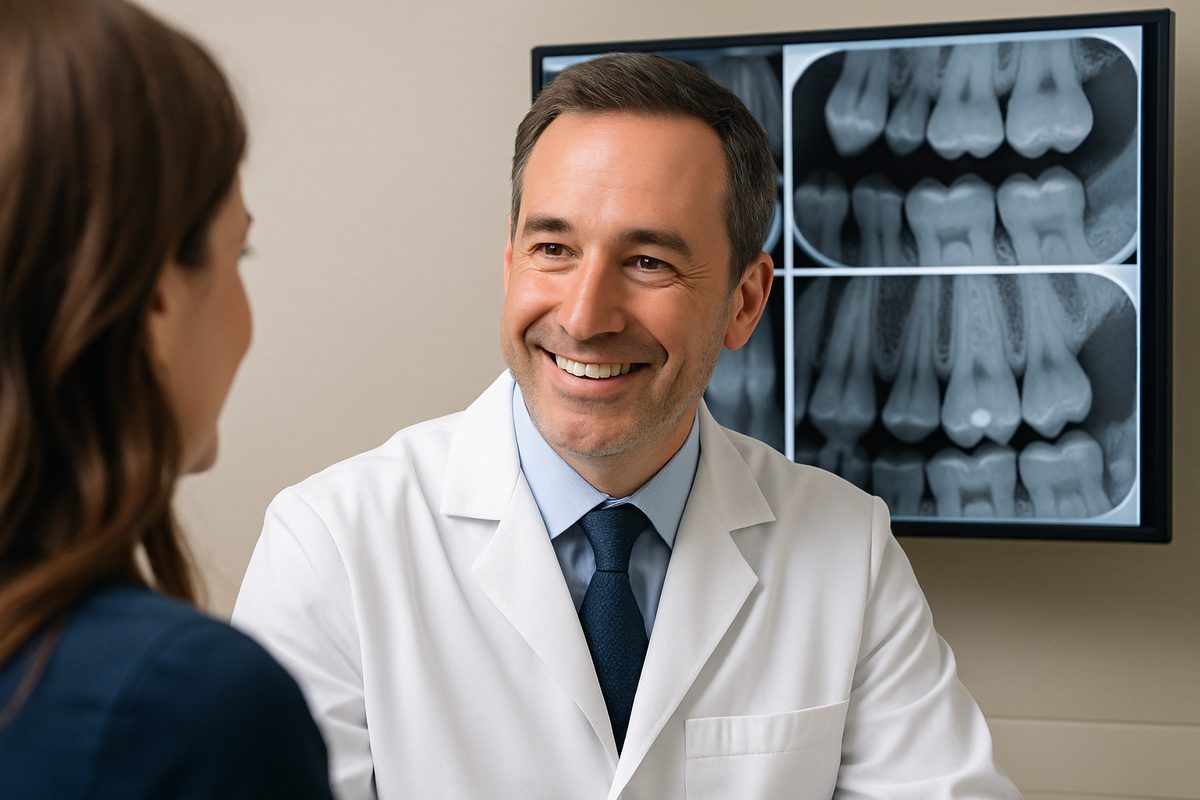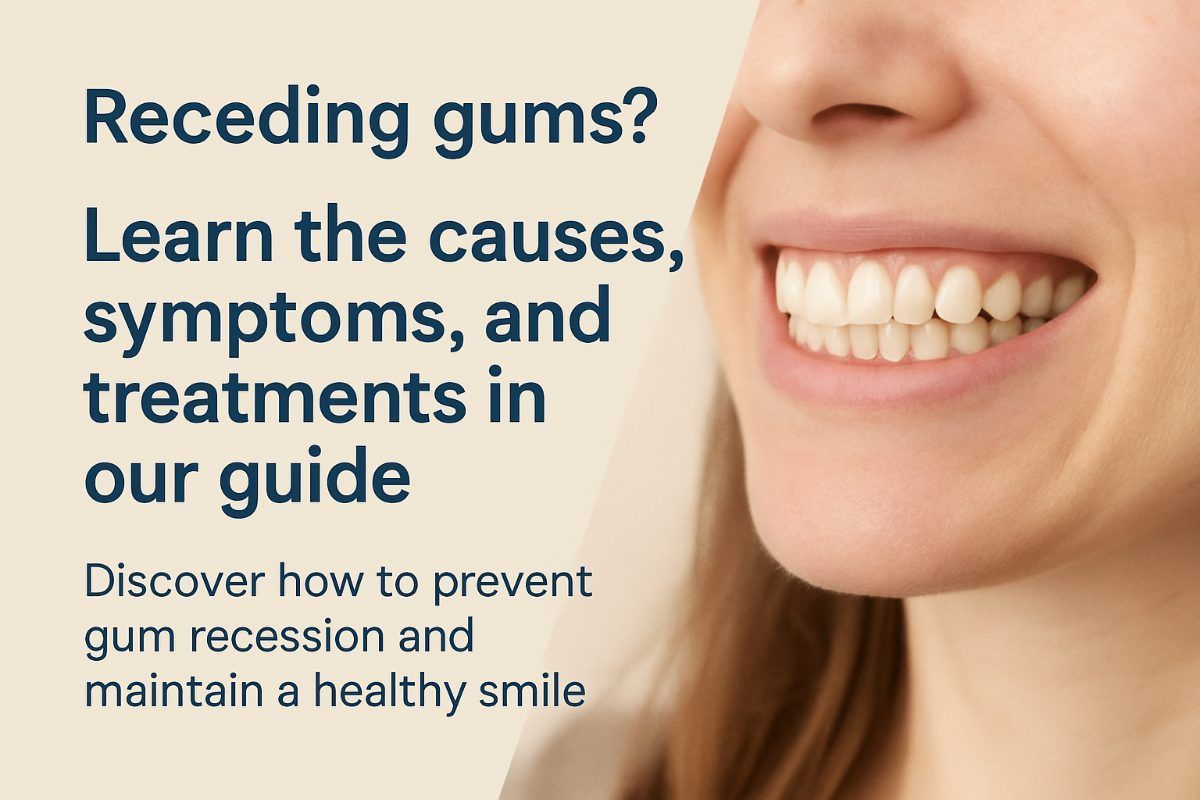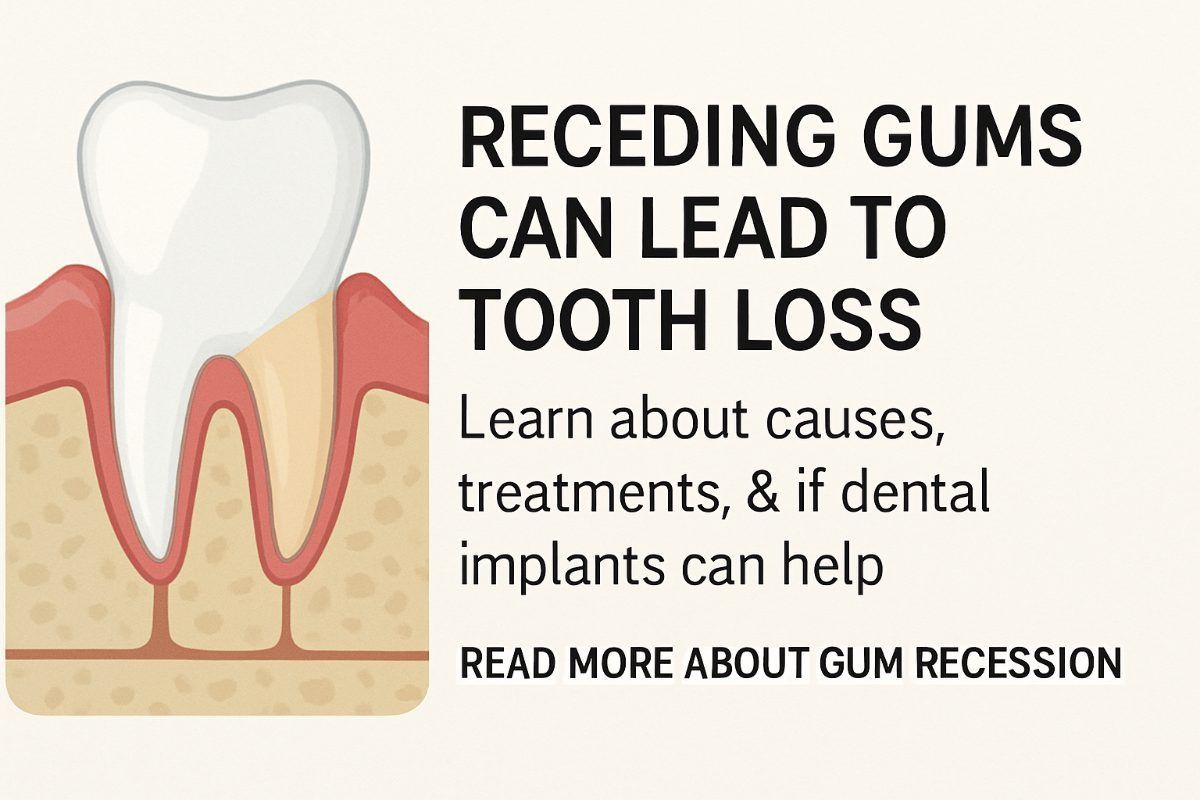Full Mouth Dental Implants: Are They Right For You near Greenwich, CT?
Full Mouth Dental Implants: Are They Right For You near Greenwich, CT?

Full mouth dental implants restore an entire arch or both arches of teeth using dental implants as anchors instead of relying on removable dentures. This guide explains who might need them, how the process works, what recovery looks like, cost and alternatives, and how to pick a biologic implant provider. If you’re researching full mouth dental implants near Greenwich, CT, this article will help you decide whether they fit your needs and what to expect at each step.
What Are Full Mouth Dental Implants?
Full-arch implants replace all teeth in an upper or lower jaw. Options include fixed full-arch prostheses (permanent bridges anchored to implants) and implant-supported removable dentures (overdentures). Common approaches are All‑on‑4 and All‑on‑6, where four or six implants support a full set of teeth. Fixed options feel more like natural teeth; removable overdentures can be easier to clean and cost less. Implant posts are usually titanium, a proven material with long track record. Metal-free zirconia implants are an alternative for patients with metal sensitivity or who prefer a fully ceramic solution. Zirconia can be highly biocompatible and attractive for those concerned about systemic exposure to metals.
Who Is a Good Candidate for Full Mouth Dental Implants near Greenwich, CT?
Oral health and bone volume
Good candidates have healthy gums or gums that can be treated, and enough jawbone to hold implants. Bone loss from long-term tooth loss or periodontal disease may require bone grafting or sinus lifts to build volume. A CBCT scan will show bone quality and guide planning.
Overall health and medical considerations
Stable general health improves success. Conditions like uncontrolled diabetes, certain autoimmune disorders, and some medications (e.g., high-dose steroids, certain cancer drugs) can affect healing. Smoking raises failure risk. Your dentist or surgeon will review your medical history and may coordinate with your physician.
Patient goals and lifestyle
Candidates should want improved chewing, speech, and appearance, and be willing to follow hygiene and follow-up care. Full-arch implants demand a long-term commitment to maintenance but often deliver superior function and confidence compared with traditional dentures.
How the Full Mouth Dental Implant Process Works
Diagnostic planning and imaging
Planning starts with detailed imaging like CBCT scans and digital impressions. Comprehensive screenings—ROSA™ style exams—assess radiographic, salivary, oral, and airway health. Precise planning reduces surprises and helps determine implant number, placement angle, and whether grafting is needed.
Surgical placement and biologic techniques
Implants are placed surgically into the jawbone. Some practices use biologic supports like Platelet-Rich Fibrin (PRF) to speed healing and reduce infection risk. When periodontal disease is present, laser-assisted protocols like LANAP can treat soft tissue while preserving attachment. Metal or zirconia implant options are chosen based on biology and patient preference.
Temporary restorations to final prosthesis
Many patients receive a temporary prosthesis immediately or soon after surgery to restore function. After several months of healing and osseointegration, a final custom prosthesis is made using digital workflows and photogrammetry to ensure precise fit and bite. Final restorations can be fixed or removable, and are crafted for aesthetics and durability.
Recovery, Risks, and Long-Term Care
Typical recovery timeline
Expect the first week to include swelling, mild pain managed with medication, and soft foods. Most normal activities return within a few days to two weeks, but full bone integration takes 3–6 months before final restorations are placed.
Possible complications and prevention
Complications include infection, implant failure, sinus issues, or nerve irritation. Advanced diagnostics, meticulous surgical technique, and biologic supports like PRF and ozone therapy can lower risks. Smoking cessation and good medical control also improve outcomes.
Maintenance and follow-up
Home care includes brushing with non-abrasive tools and cleaning under and around the prosthesis. Regular professional checkups and cleanings are essential. Implant posts can last decades; prosthetic teeth may need repair or replacement over time depending on wear and materials.
Cost, Financing, and Insurance for Full Mouth Dental Implants near Greenwich, CT
Costs vary widely. Major drivers are number of implants, need for bone grafting or sinus lift, material choice (zirconia restorations cost more), lab work, and complexity of the case. Financing plans, third‑party medical/dental lenders, and dental savings plans can help spread costs. Most medical and dental insurance covers limited parts of the treatment; verify benefits ahead of time.
Alternatives to Full Mouth Dental Implants
Alternatives include traditional removable dentures, implant‑retained overdentures (fewer implants supporting a removable prosthesis), partial implants for segments, or fixed bridges when suitable. Removable dentures cost less but offer lower chewing efficiency. Implant-retained overdentures are a middle ground for function and cost.
How to Choose a Provider for Full Mouth Dental Implants near Greenwich, CT
Look for providers with training in implantology, periodontics, or prosthodontics and experience with full-arch cases. Ask about outcomes, complication rates, and whether they use advanced tech: CBCT imaging, photogrammetry, digital scanning, PRF, and zirconia implant options. Confirm they screen overall health and airway, and coordinate care with other medical providers. Suggested consultation questions: - What is your experience with full-arch cases and success rates? - Will you use CBCT and digital planning? - Do you offer zirconia implants and PRF? - What is the full timeline and total cost estimate?
Why Consider a Biologic Approach
Biologic dentistry emphasizes biocompatible materials, reduced toxins, and attention to oral-systemic health. Techniques like PRF for healing, laser periodontal care (LANAP), and ozone therapy can lower inflammation and support recovery. Biocompatibility testing and oral microbiome assessments help personalize care for long-term health. Tetrahealth operates near Greenwich, CT and integrates these biologic methods. Founders Dr. Alex Volchonok, DMD, MS, FICOI (a biologic board‑certified periodontist and implantologist) and Dr. Michele Volchonok, DMD (a biologic restorative dentist) combine advanced implant training, zirconia implant experience, and integrative diagnostics to plan care that considers whole‑body wellness.
Next Steps: Getting Evaluated for Full Mouth Dental Implants near Greenwich, CT
Bring your medical history, current medications, and any recent X‑rays to the consultation. Expect a CBCT scan, oral DNA or microbiome testing, airway screening, and possible biocompatibility testing. If you think full mouth dental implants could be right for you, schedule a thorough evaluation to review options, costs, and a personalized treatment plan.




